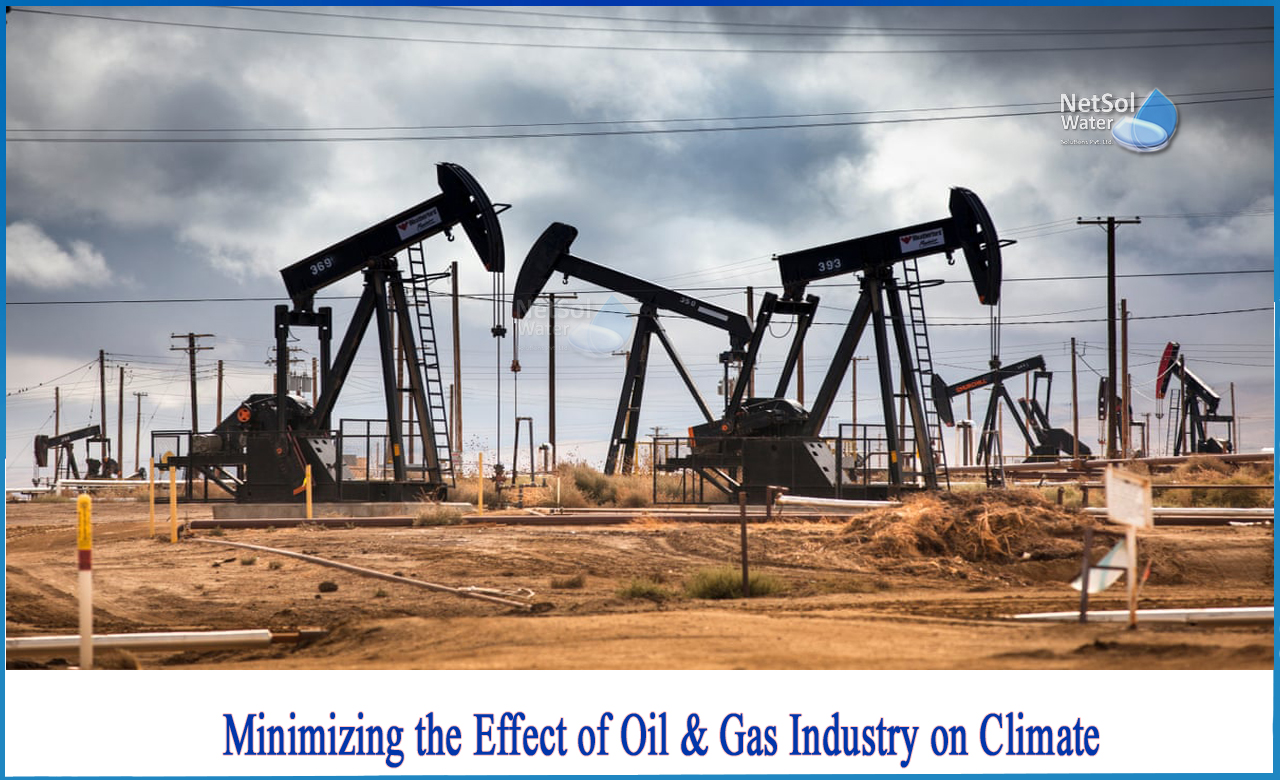How does oil and gas industry effect environment?
Oil is toxic to plants and animals, as well as a threat to their habitats. Many drains connect directly to rivers, streams, or lakes, and allowing oil to enter a drain has the same effect as pouring it directly into a watercourse.
A single litre of oil can contaminate one million litres of water. Oil pollution can be devastating to the water environment because it spreads over the surface in a thin layer, preventing oxygen from reaching the plants and animals that live in the water.
Wildfowl are particularly vulnerable, both because of damage to their plumage's waterproofing and because they consume the oil while preening. Water voles and other mammals may be affected as well. Oils inside the ground and soil coat or kill organisms that are necessary for environmental balance.
Effects of oil pollutionon animals and plants:
· It harms animals and insects.
· It prevents photosynthesis in plants.
· It disrupts the food chain.
· It takes a long time to recover.
Effects of oil pollution on humans:
It's not just the impact on wildlife; oil contamination can make water unfit for irrigation and disrupt the operation of water treatment plants. Oil spills can contaminate drinking water sources and are very expensive to clean up. If oil is spilled near a building, oil vapours may enter the structure, making it unfit for human habitation. This could mean that the building is rendered unusable until costly restoration work is completed, or that it must be demolished in extreme cases. This can be devastating if this is your home or workplace.
How to reduce oil and gas that effects environment?
During refinement operations, the oil and gas industry generates large amounts of process wastewater, which, like other contaminated wastewater, requires high-quality treatment. Process water contains a variety of contaminants such as Biological Oxygen Demand (BOD), Chemical Oxygen Demand (COD), metals, phosphorous, ammonia, and a large number of hydrocarbons. BOD and COD contain Volatile Organic Compounds (VOC), which account for a significant portion of the gaseous emissions that contribute to climate change in relation to wastewater from the oil and gas industry.
To treat process wastewater containing both biodegradable and non-biodegradable VOCs, several biological treatments are used. Among these are MBBR, MBR, and Activated Sludge treatment. The required oxygen is supplied to the biomass via bubbles in each of these treatment processes. The VOCs contained in the water are stripped from the water and carried skyward with the ascending bubbles during wastewater treatment.This air pollution must be treated or it will significantly degrade the quality of the atmosphere surrounding the wastewater treatment plant, contributing to the emission of greenhouse gases and, inevitably, climate change.
As legislation compels more oil and gas companies to take action in this area, there is a need for an innovative solution. Biomass, on the other hand, grows on gas permeable membranes, which allow for a direct supply of oxygen. In the presence of oxygen, biodegradable VOCs are consumed by biomass. Non-biodegradable VOCs, on the other hand, can be removed by the gas permeable membrane and treated in a concentrated stream.
By addressing the issue of VOCs, Netsol also contributes to a facility's goal of achieving lower energy requirements, which reduces greenhouse gas emissions associated with energy production. \
Netsol Water is Greater Noida-based leading water & wastewater treatment plant manufacturer. We are industry's most demanding company based on client review and work quality. We are known as best commercial RO plant manufacturers, industrial RO plant manufacturer, sewage treatment plant manufacturer, Water Softener Plant Manufacturers and effluent treatment plant manufacturers. Apart from this 24x7 customer support is our USP. Call on +91-9650608473, or write us at enquiry@netsolwater.com for any support, inquiry or product-purchase related query.



